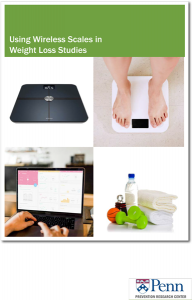
In the April 2016 issue of Health and Social Care in the community, UPenn PRC Training and Evaluation Core Lead Doug Wiebe, Ph.D, and colleagues investigate factors in the physical and psycho-social well-being of low-resource, housing-unstable, single parent families living in violent neighborhoods in Philadelphia
The researchers looked at families who were participants in a housing-plus program in Philadelphia and the relationship between the characteristics of the neighborhoods in which the families lived and their perceptions of well-being and safety. Noting that health dynamics in this population are “not well-described,” the researchers sought to contribute a better understanding of how the stresses of where one lives impacts how well one can live.
Among the key findings:
- Parents of low-income, single-parent families who participate in a housing support program in an urban setting with high community violence met or exceeded the US national average for self-reported physical health but fell below the national average across all mental health domains, including symptoms for moderate to severe depression.
- These parents described high levels of stress resulting from competing priorities, financial instability, and concern for their children’s well-being and safety.
- External markers of violence (crime rates) in their proximate neighborhood affected how parents and children conducted their daily activities and moved within their neighborhoods.

